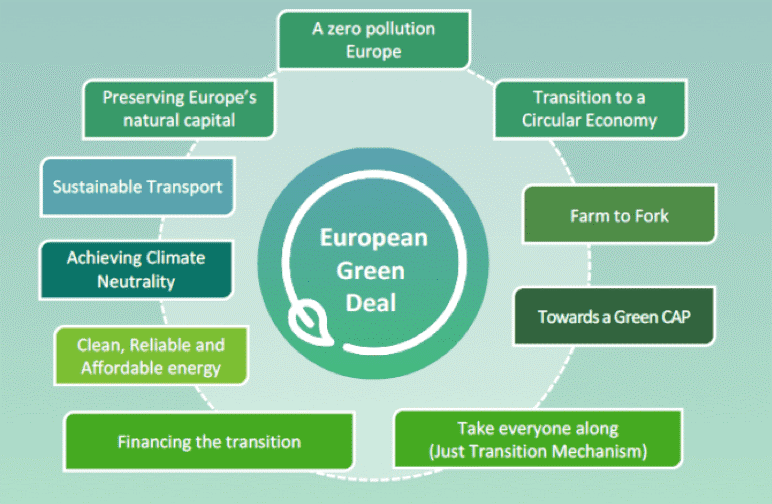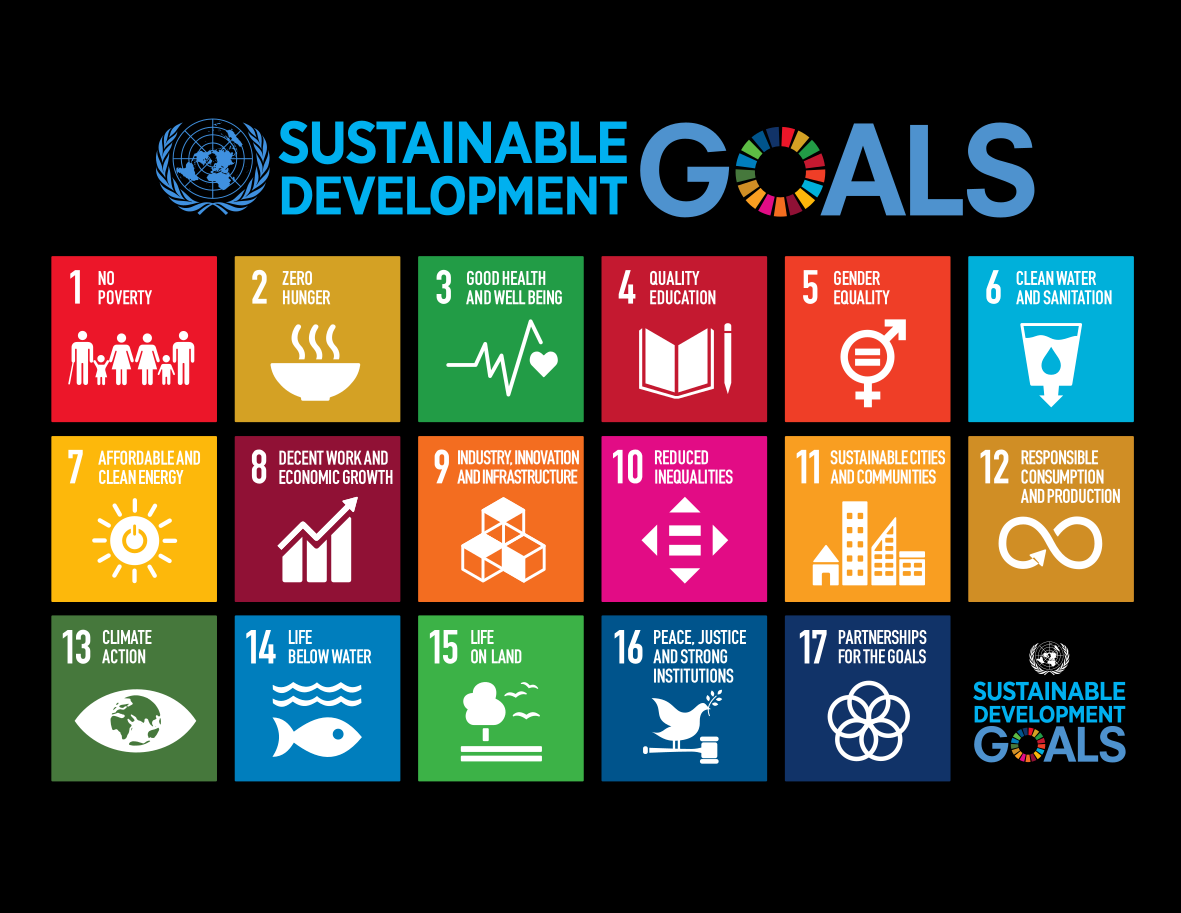
Journal Menu
► ▼ Journal Menu-
- Remote Sensing Home
- Aims & Scope
- Editorial Board
- Reviewer Board
- Topical Advisory Panel
- Photography Exhibition
- Instructions for Authors
- Special Issues
- Topics
- Sections & Collections
- Article Processing Charge
- Indexing & Archiving
- Editor’s Choice Articles
- Most Cited & Viewed
- Journal Statistics
- Journal History
- Journal Awards
- Society Collaborations
- Conferences
- Editorial Office
Journal Browser
► ▼ Journal BrowserNeed Help?
Announcements
15 October 2020
Final Webinars of the EUXDAT Project. How the EUXDAT Infrastructure Can Contribute to the European Green Deal and Destination Earth

Agriculture comprises vital economic sectors producing food, agro-industrial feedstock, and energy and provides environmental services through managing soil, water, air and biodiversity holistically. Agriculture and forestry also contribute to managing and reducing risks from natural disasters such as floods, droughts, mudslides and avalanches. Farming with its close contact to nature provides the socio-economic infrastructure to maintain cultural heritage. Farmers are also conservers of forests, pastures, fallow lands and their natural resources and, in turn, of the environment. Agriculture today is a composite activity involving many actors and stakeholders in agri-food chains that produce and provide food and agricultural commodities to consumers. In addition to farmers there are farm input suppliers, processors, transporters and market intermediaries each playing their roles to make these chains efficient.
The agriculture sector is under the strong influence of a number of different external drivers, which will have more and more influence on all agriculture and food sectors. As main drivers for changes in the agriculture sector the following factors were recognised – climate changes, demographic (growing population, urbanisation and land abandonment), energy cost, new demands on food quality (food quality and safety, aging population and health problems, ethnic and cultural changes), innovative drivers (knowledge based bio economy, research and development, information and communication, education, investment), – policies (subsidies, standardisation and regulation, national strategies for rural development), economy (economical instruments, partnerships, cooperation and integration and voluntary agreements), sustainability and environmental issue (valuation of ecological performances, development of sustainable agriculture), public opinion (press, international organisation, politicians).
These changes are inevitable and many forces conspire to bring them about. The common and future position of each important driver can be different in reality. In many cases, two drivers can stand against each other and their future influence on the agri-production and food market depends on regulations and a common policy.
These topics have become more relevant which is confirmed by the fact that they are strongly addressed in the European Green Deal and in the global scale by the Sustainable Development Goals of the United Nations.
The European Green Deal is a package of European Commission’s measures announced on 11th December 2019 that should ensure citizens and companies in the European Union the transition to a more sustainable and greener economy by 2050.
The Green Deal consists of a set of measures that enhances resource efficiency through the transition to a clean circular economy, prevents biodiversity loss and reduces pollution. These measures are related to following policy areas:

Similarly, this is related to a number of SGD goals of the UN:

Together with publishing the European Green Deal, the Commission is adopting the EU industrial strategy to address the twin challenge of the green and the digital transformation. The goal is to use the potential of the digital transformation, to be a key enabler for reaching the Green Deal objectives. The Commission is planning to initiate a ‘GreenData4All’, with focus on reviewing the Directive establishing an Infrastructure for Spatial Information in the EU (INSPIRE and combining it with the access to the Environment Information Directive). As part of this will be the ‘Destination Earth’ initiative.
“The ‘Destination Earth’ initiative will bring together European scientific and industrial excellence to develop a very high precision digital model of the Earth. This ground-breaking initiative will offer a digital modelling platform to visualize, monitor and forecast natural and human activity on the planet in support of sustainable development thus supporting Europe’s efforts for a better environment as set out in the Green Deal. The digital twin of the Earth will be constructed progressively, starting in 2021”.
EUXDAT deployed a state of the art, big data and hybrid HPC/Cloud, data exploitation platform on top of the existing partners’ infrastructures. This EUXDATA e-Infrastructure enables users with different profiles (agriculture scientist and practices, planers, decision makers) to fully benefit from the underlying high processing capacities to explore new methods, build new innovative services and to perform predictions and simulations with extremely large and heterogeneous datasets.
The EUXDAT consortium could provide a follow up proposal and the EUXDAT results would fit into this Green Deal initiative, Destination Earth and SGD goals.
The EUXDAT team prepared for you a series of webinars at the end of October 2020, where all achievements in both the e-Infrastructure and also in different pilot implementations will be demonstrated.
Please register yourself for webinars of your interest and start discussing the topic of sustainable agriculture.
REGISTRATION FORM: https://forms.gle/ybqyRMTDKM6FbZhD7
Programme
| 19. 10. 2020 2:30 PM CEST |
The EUXDAT e-infrastructure |
|
10 min |
Introduction of Series EUXDAT Webinars. Karel Charvát (CoO) |
|
20 min |
Green Deal, Destination Earth and EUXDAT. Nieto De Santos, Francisco Javier (ATOS) |
|
50 min |
The EUXDAT End user Platform. Anne Haugommard, Fabien Castel (ATOS France) |
|
20 min |
The orchestrator, parallelization, monitoring, and accounting in EUXDAT. Jesus Gorroñogoitia Cruz, Paolo Marangio (ATOS Spain) |
|
30 min |
Parallelizing with Python-MPI. Jose M. Montañana (HLRS) |
|
15 min |
Discussion and feedback analysis. Karel Charvát (CoO), Jorge Lopez (ATOS) |
| 22. 10. 2020 2:30 PM CEST |
Pilots’ session 1 |
|
10 min |
EUXDAT relevance towards Farm to Fork and Towards a Green Cap. Karel Charvát (CoO) |
|
45 min |
Crop Climate Risk Analysis, Monitoring, and Prediction. Nicoletta Addimando, Christoph Ramshorn (meteoblue) |
|
15 min |
Discussion and feedback analysis. Karel Charvát (CoO), Jorge Lopez (ATOS) |
| 23. 10. 2020 10:30 AM CEST |
Pilots’ session 2 |
|
10 min |
EUXDAT relevance towards Achieving Climate Neutrality. Karel Charvát (CoO) |
|
20 min |
Agro-Climatic Zones Scenario. Karel Jedlička, Pavel Hájek (WirelessInfo) |
|
20 min |
Field Accessibility Tool and its Components. Marcela Doubková (PESSL Instruments) |
|
15 min |
Discussion and feedback analysis. Karel Charvát (CoO), Jorge Lopez (ATOS) |
| 27. 10. 2020 2:30 PM CET |
Pilots’ session 3 |
|
10 min |
EUXDAT relevance towards Biodiversity. Karel Charvát (CoO) |
|
35 min |
Open Land Use Map Scenario. Dimitri Kozhukh (Plan4all) |
|
20 min |
Crop Monitoring Pilot. Dimitrios Moshou, Ioannis Navrozidis (CERTH) |
|
15 min |
Discussion and feedback analysis. Karel Charvát (CoO), Jorge Lopez (ATOS) |
REGISTRATION FORM: https://forms.gle/ybqyRMTDKM6FbZhD7
Learn more about EUXDAT project at https://www.euxdat.eu/



